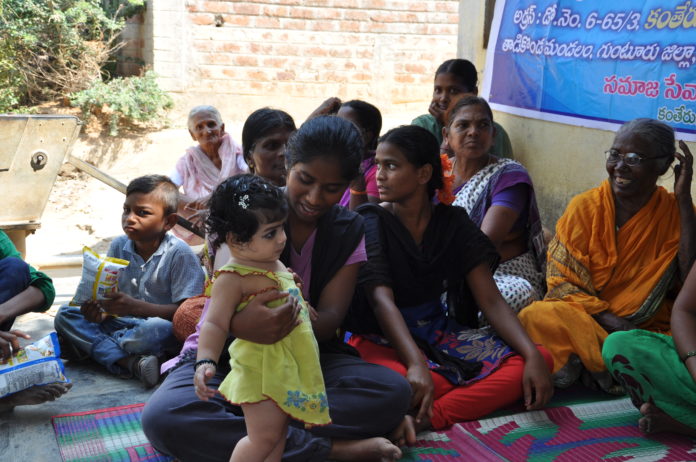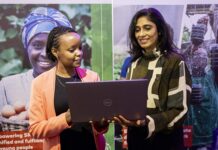By Mary Mwendwa
Andhra Pradesh, India : Women farm laborers in a remote village of India are helping their community embrace child protection awareness through microfinance groups.
Kantheru village located in Tadikonda Tehsil of Guntur District in Andhra Pradesh , India is where this kind of transformation is taking place. Women laborers in agricultural farms have defied all odds to protect their children and live decent lives despite their status.
Through working with orphanages, baby care centers and other institutions, these women have managed to stop most cases that are related to child abuse.
In India, cases of child trafficking, early marriages, and sexual abuse are among top injustices that are a threat to children in their early teenage years.
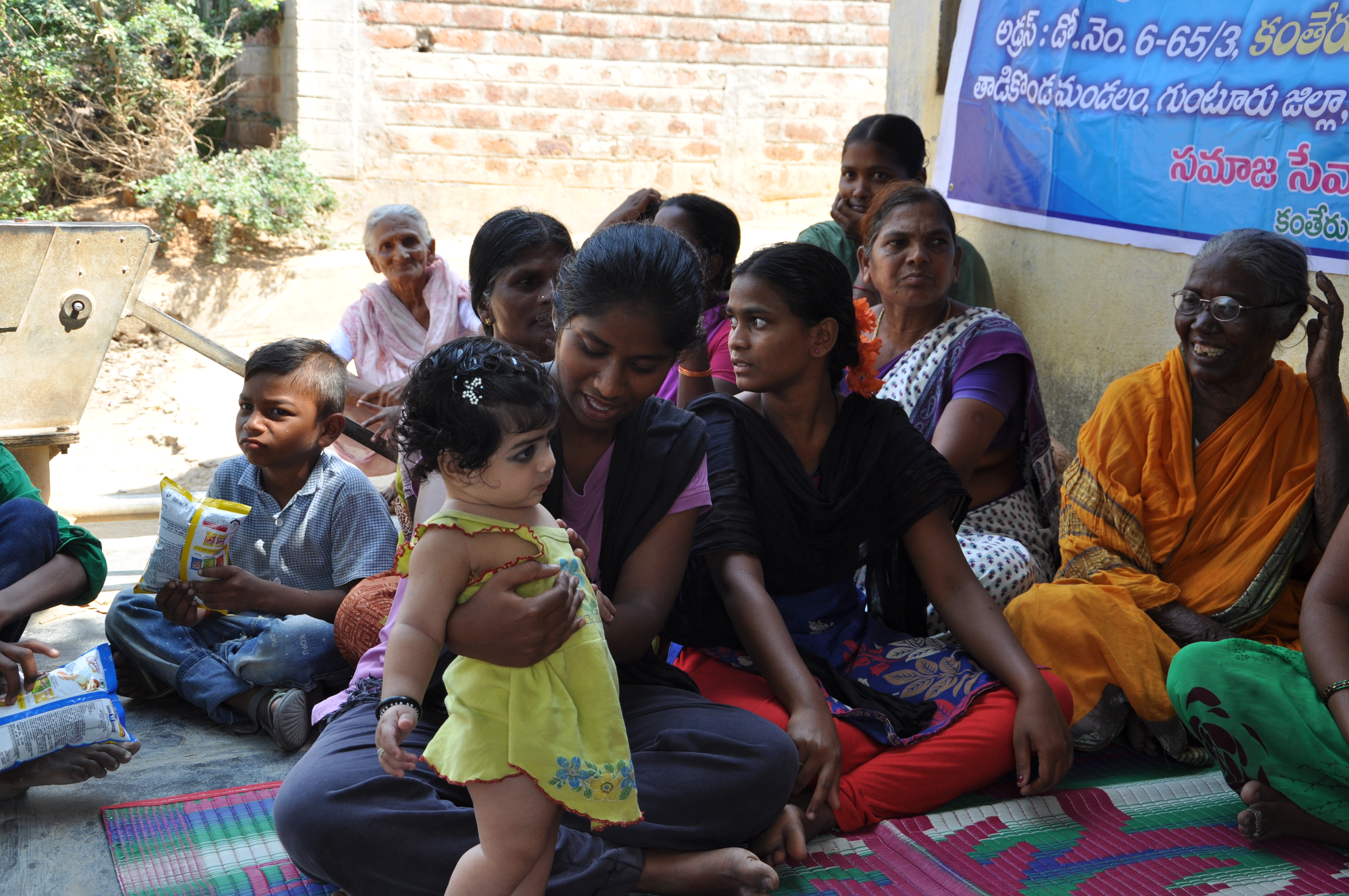
Several Self Help Groups that have come together under the umbrella of Development of Women and Children in Rural Areas (DWACRA ) to address issues affecting women and children through microfinance projects.
Martham Dhara,Secretary of Mercy Self – Help Group aged 50 and a mother of three, testifies on how her this kind of projects have been of great help to women and children in their village in India.
Kantheru village, Guntur District in India is famous for women working as casual laborers in farms. These women earn as little as 150 Rupees per day and therefore this kind of life contributed largely to pending threats of child trafficking and sexual abuses to their children.
“We could leave our homes as early as 8.00 am to go work in the farms leaving behind our children under no good care. Cases of children disappearing were common and therefore we sat down as women and decided to come up with a strategy to protect our children.Through the help of the government, we were given loans and also trained on how to manage groups.
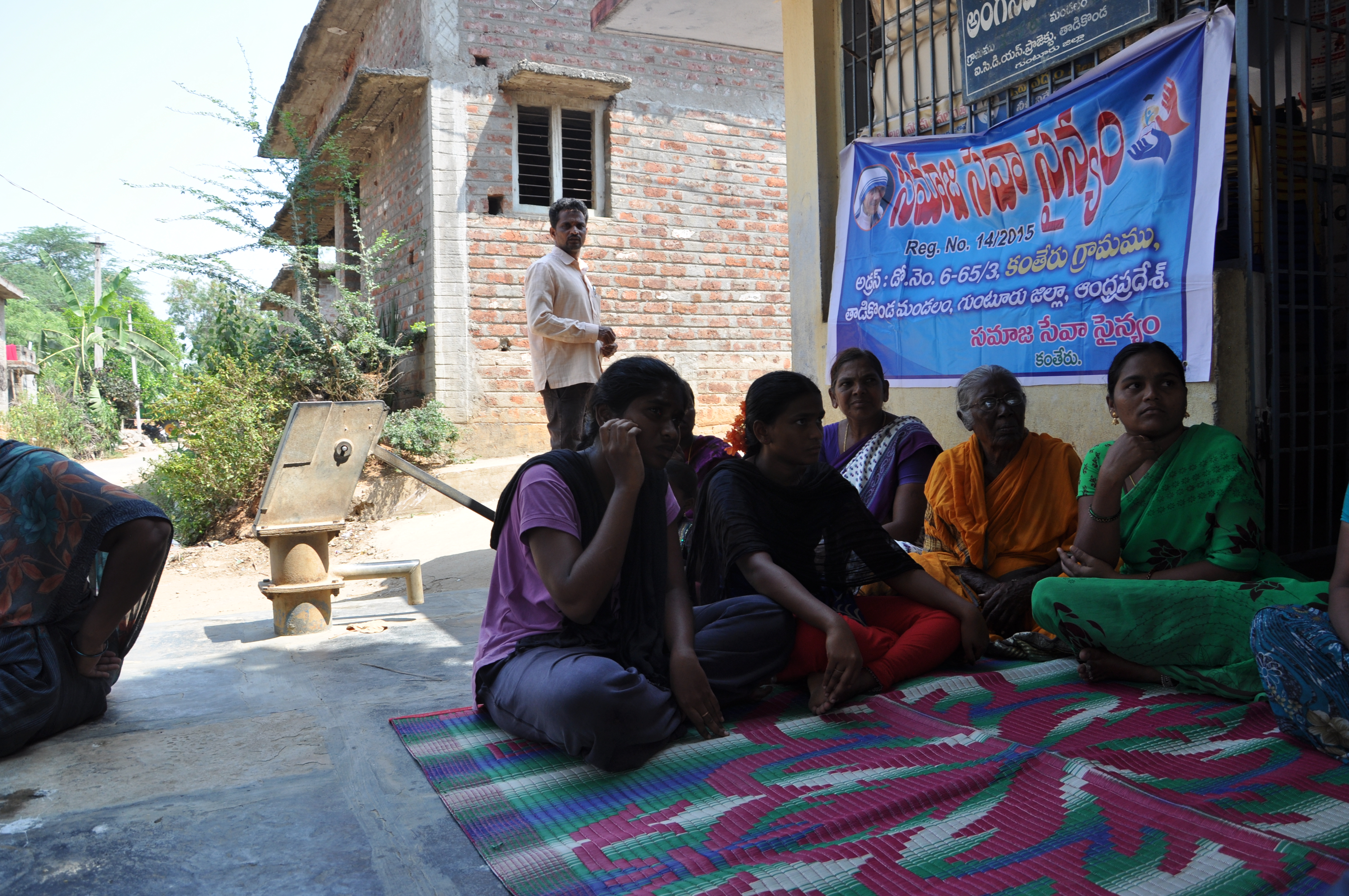
Adding, “This has been one of the biggest achievements of women here in Kantheru. Each group gets a minimum loan of 50,000 Rupees and we meet monthly. The money we generate we use to give our members soft loans to start small businesses. Through the businesses many women lives have been transformed, some have dropped working in the farms to concentrate on businesses while their lives flourish day by day. We are able to access other financing projects because we have a bank account and we are recognized and credible.”She says.
Martham confirms how her village now is developing.” We have no cases of child marriages and trafficking, our girls are safe as most of our women are empowered and no one would come to them and cheat them about offering a better life for their children.”
“Everyone in the self – help groups is much aware of child rights and in the case of anything that is reported we know the necessary channels that will help get justice to the family and victim.”Says Martham.
Similarly, Mary Buradha Gunta is a mother of a teenage girl aged 16. She is one happy woman because through the self Help Group she has been able to educate her daughter through high school.
”My daughter Swardatha is now in high school and I am dedicated to educating her through university. I get soft loans from our group to buy her school needs ad pay for her fees. These groups came as a savior to us, we were doomed in the farms.” A happy Mary confesses.
For example, the 1998 National Census of India estimated the total number of child labourers aged 4 to15 to be 12.6 million, out of a total child population of 253 million in the 5 – 14 age group. These figures have since increased according to other reports.
Dr.Saraswatui Raju, Assistant Professor, Department of Sociology and Social work, Acharya Nagarjuna University in Guntur District, Andhra Pradesh State, notes with concern how social issues related to poverty, human trafficking and gender are a threat to development in India.”For example here in Andhra Pradesh state , we record the highest number of child marriages and trafficking. As a department on social work, we do research and outreach programs with my students to help the community understand the dangers of these practices. I sit on NGO boards, supervise students and I have published more than 100 articles and written six books on women and girls issues.”
”For example here in Andhra Pradesh state, we record the highest number of child marriages and trafficking.As a department on social work, we do research and outreach programs with my students to help the community understand the dangers of these practices. I sit on NGO boards, supervise students and I have published more than 100 articles and written six books on women and girls issues.” Says Saraswati.
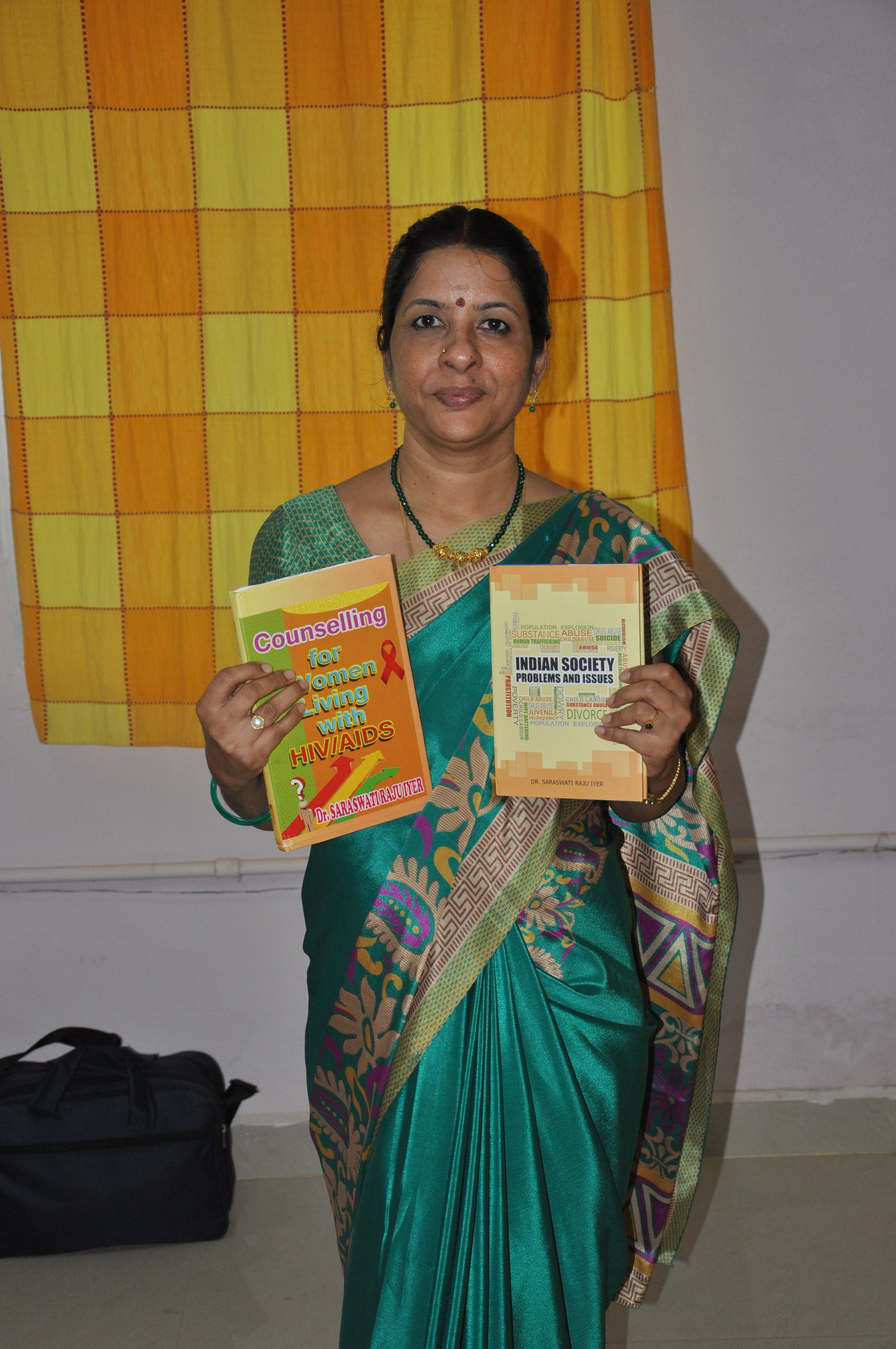
“Some of the findings from my research projects are on how gender-based issues are still high and child marriages together with trafficking. Poverty is a threat to all these as most parents when they are poor become victims of giving away their children without thinking of the consequences.”
On issues of rape, Dr.Saraswati confirms rape is indeed a bbig problem in many villages of India.
” Most perpetrators of rape are usually under the influence of alcohol. Raping women is usually viewed as a heroic activity among men, this is a tragedy to us as women and society at large. Once a woman has been raped , it’s difficult to restore her dignity and also the stigma associated with rape is a silent killer in itself.”

